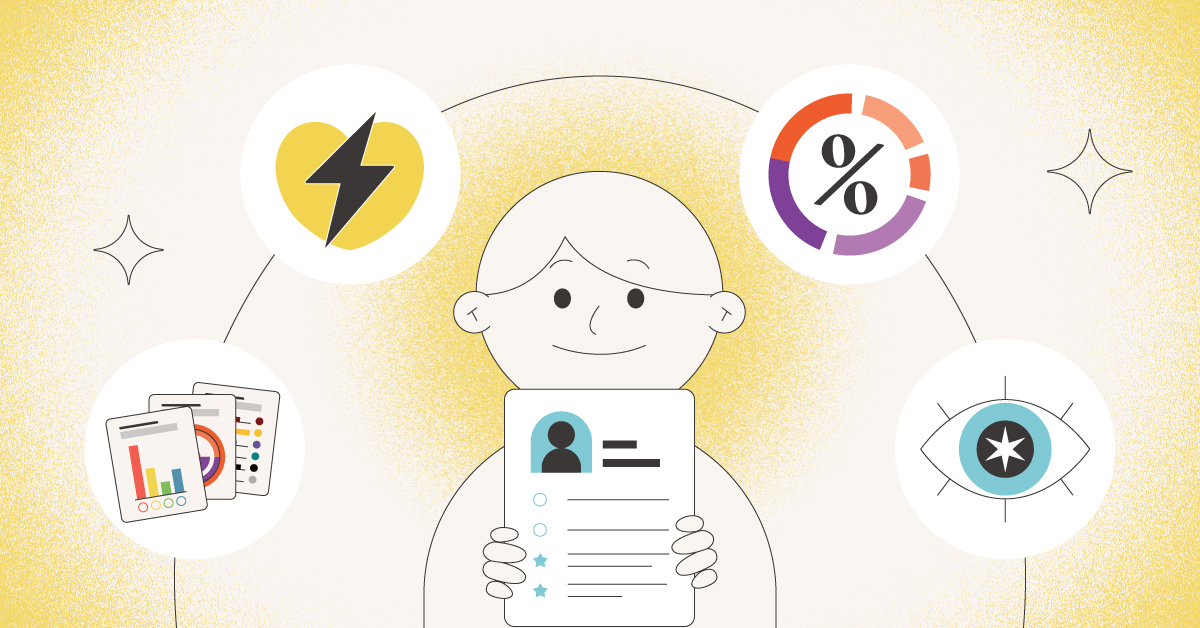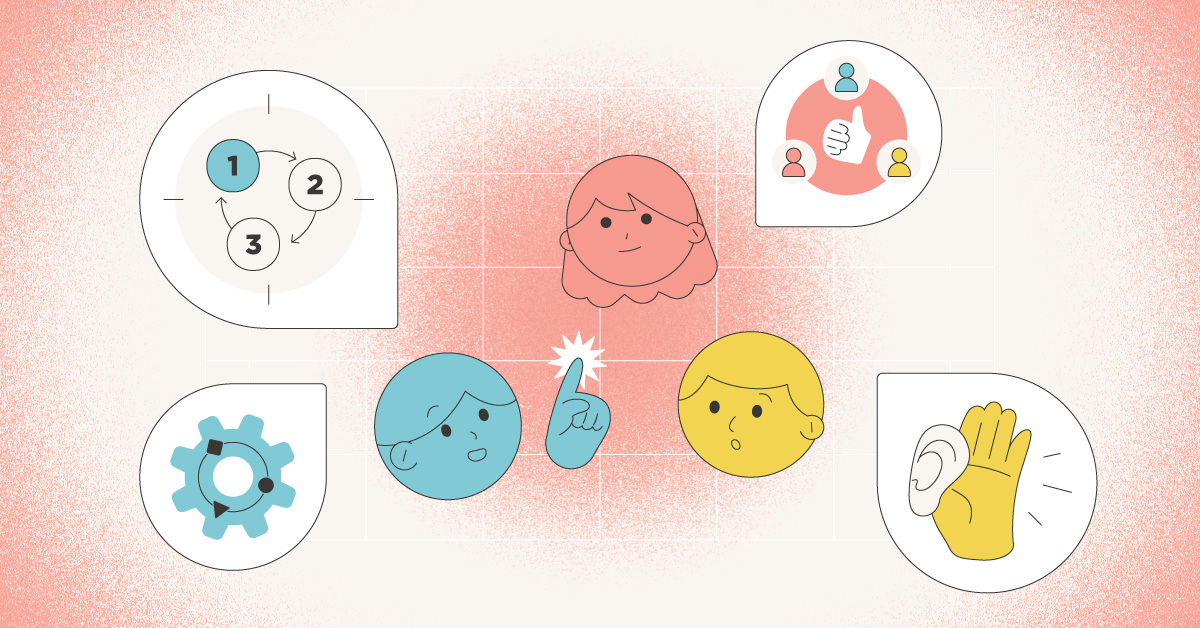
Diving deeper into DISC is a smart strategy for anyone who wants to improve their communication skills and understanding of others in the workplace.
Let’s look at the D of DISC, Dominance, and the pros and cons of high D scores (Direct communicators) and low D scores (Reflective communicators).
What is Dominance?

This factor measures how someone handles problems and challenges
What Does High D (Direct) Mean?
Direct communicators are ambitious, forceful, decisive, strong-willed, independent, and goal-oriented. They tend to seek out leadership positions and enjoy clear, brief conversation and facts and details over-enthusiasm. In general, they prefer to get to the point as quickly and concisely as possible.
What Are the Pros of a High D Score?
Direct communicators are go-getters. If you want a visionary who can make decisions and get stuff done, High Ds are your best bet.
They are skilled at engaging others through questioning and can get to the heart of an issue efficiently by harnessing the power of their creative and active minds. They are driven by solutions and results, which can result in a highly productive environment if directed effectively.
What Are the Cons of a High D Score?
All of these traits combined make High Ds excellent leaders and high-achievers, but they can overwhelm others with more relaxed styles.
Direct communicators have a tendency to bulldoze conversations. They might not be adept at reading the verbal cues of others and have a tendency to embrace a ‘my way or the highway’ approach when it comes to making decisions. Since they want to move forward quickly and get results as rapidly as possible, they can ignore the need to slow down and pay attention to details.
Solution: Sell, Don’t Tell
High Ds can improve communication and compensate for their quick impulses by digging into the listening process. Taking a ‘sell, don’t tell’ approach just means that you work on convincing others of your point of view instead of dictating it to them as a fact.
As a High D, we know that you enjoy concise, convincing communication— you want others to prove that they know what they’re talking about when they suggest action or solutions. Focus on doing just that when communicating with others!
What Does Low D (Reflective) Mean?

Reflective communicators are cooperative, low-key, modest, and mild. They tend to engage people by being agreeable and outcome-focused, and prefer clear, precise and thorough communication.
What Are the Pros of a Low D Score?
People with a low D score thrive on a team and are wonderful teammates. Their low-key approach, friendliness, and dedication to making things work ensure their teammates have support they need to complete projects.
Reflective communicators are also great listeners and can help others to fully think through a process before diving in.
What Are the Cons of a Low D Score?
While low Ds are great teammates, their passive and cautious demeanors can disengage others who prefer more direct communication. They also might hide their true feelings with friendly terms and indirect criticism. That can lead to confusion and misunderstanding on the team.
Reflective communicators can also hesitate when starting projects— their ability to weigh pros and cons and consider different points of view is great for planning but not always entirely helpful for execution.
Solution: Adapt to Others
Since low Ds want the least amount of conflict possible, they can greatly benefit from adapting their preferred styles to those of the people they’re communicating with. While this can feel uncomfortable, especially if they’re working with a more aggressive communicator, by matching their energy they will keep the other people engaged.
This adaption plays into the strengths of Reflective communicators; they can harness the power of their listening skills and preference to reduce conflict and encourage productivity.
Moving Forward With Better Communication
No matter where your Dominance score falls, you can benefit from learning more about your own communication style and the behavior of those around you.
If you want to unlock your potential with DISC or other behavioral assessment tools, TTI SI can help! Contact us here to get started.




